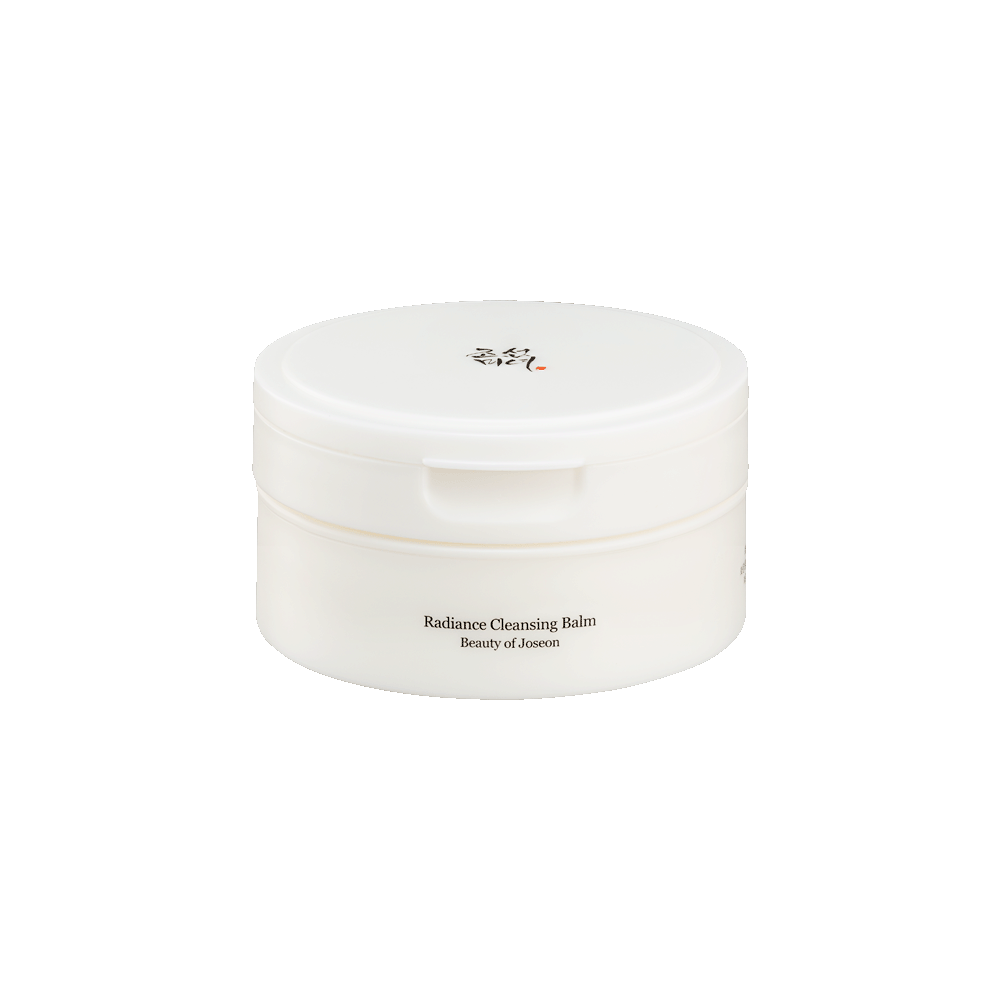Everyone desires healthy and radiant skin, and it's no secret that proper skincare is a vital part of achieving that. But with so many skincare ingredients out there, it can be overwhelming to figure out which ones are the best for your skin type and concerns. One ingredient that has been making waves in the beauty world is niacinamide. In this article, we will explore what niacinamide is and why it is good for your skin.

What is Niacinamide?
Niacinamide is a form of vitamin B3, also known as nicotinamide. It is a water-soluble vitamin that can be found in many foods, including meat, fish, and dairy products. It is also available in supplement form, but it is most commonly used in skincare products. Niacinamide is known for its numerous benefits for the skin, which we will explore in this article.
Niacinamide has a chemical structure that is similar to that of niacin. However, unlike niacin, which can cause flushing of the skin, niacinamide is non-irritating and gentle on the skin. It is also stable and does not degrade easily, making it an ideal ingredient for skincare formulations.
Niacinamide is found in many Asian beauty products, particularly those that focus on brightening and hydrating the skin. It is also used in many anti-aging products, as it has been shown to improve the appearance of fine lines and wrinkles. Niacinamide is a versatile ingredient and can be found in various skincare products, including toners, serums, creams, and masks.
What are the Benefits of Niacinamide?
Niacinamide offers a range of benefits for the skin, making it a popular ingredient in many skincare products. Here are just a few of the ways it can help to improve your complexion:
Moisturizing
Niacinamide helps to boost the production of ceramides, which are essential for maintaining the skin's barrier function. This helps to lock in moisture and keep the skin hydrated. Niacinamide also helps to improve the skin's natural moisturizing factor (NMF), which is responsible for keeping the skin soft and supple.
Sun Protection
Studies have shown that niacinamide can help to protect the skin from the harmful effects of UV radiation. It does this by inhibiting the transfer of melanosomes (pigment-containing cells) from melanocytes (pigment-producing cells) to the surrounding skin cells, which can reduce the appearance of dark spots and hyperpigmentation caused by sun damage.
Anti-Inflammatory
Niacinamide has been shown to have anti-inflammatory properties, which can help to calm irritated and inflamed skin. It does this by reducing the production of inflammatory cytokines, which are responsible for causing redness, swelling, and discomfort.
Acne Prevention
Niacinamide has been shown to be effective in preventing acne breakouts. It does this by reducing sebum production, which can help to prevent clogged pores and the formation of acne lesions. Niacinamide can also help to reduce the appearance of existing acne scars and hyperpigmentation.
How to Use Niacinamide in Your Skincare Regimen?

Niacinamide can be incorporated into your skincare routine in different forms such as toner, serum, and cream. When using niacinamide toner, pour a small amount onto a cotton pad and gently wipe it across your face, starting from the center and working your way outwards. The I’m From Rice Toner is an excellent option that contains 2% niacinamide to help brighten and soothe your skin.
Buy now

For a serum, you can use the Skin1004 Madagascar Centella Tone Brightening Capsule Ampoule, which has 2% niacinamide and 76.52% centella asiatica extract. After cleansing and toning, apply a few drops of the serum to your face and neck, gently patting it into your skin until fully absorbed.
Buy now

Lastly, niacinamide cream such as the Abib Hydration Crème Water Tube Niacinamide Cream can help boost hydration levels and reduce the appearance of fine lines and wrinkles. Apply a pea-sized amount to your face and neck after your serum and gently massage it in until fully absorbed. With regular use, you can expect brighter, smoother, and more even-toned skin.
Buy now


0 comments